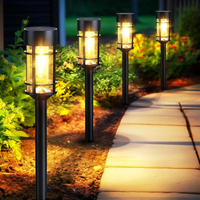How to charge solar lights without sun — 5 clever tips
Here are some top tricks to charge solar lights without sun
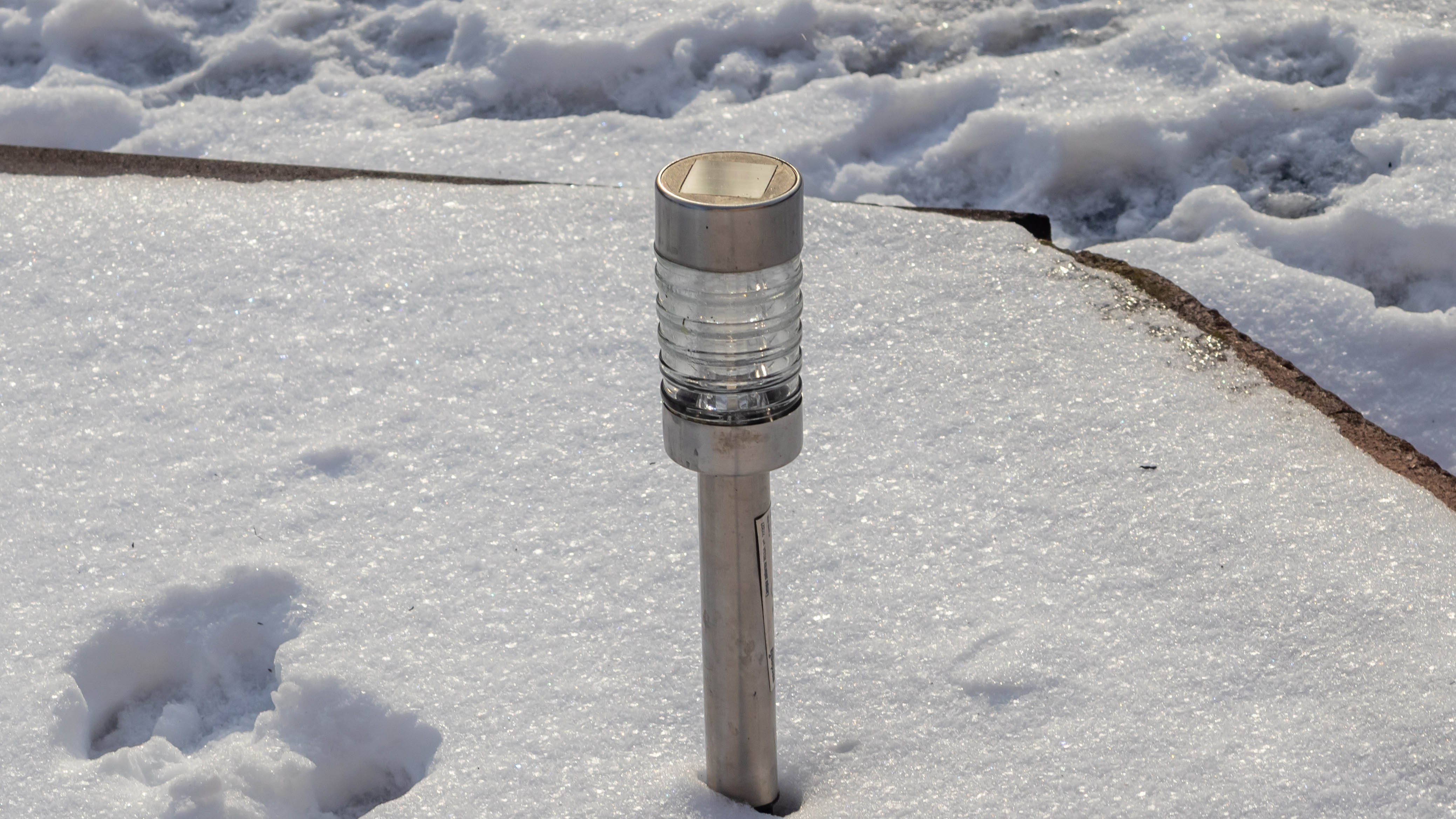
Whether you have security or decorative lighting to illuminate your porch or backyard, the best solar lights are a great investment. Not only do they instantly light up your outdoor spaces once it gets dark, but can add an inviting ambiance to your home. More importantly, these are wireless and eco-friendly, which will save you money on energy bills.
However, as the name suggests, solar lights rely on direct sunlight to work at their optimum. But what happens during the winter months when you’re faced with snow or overcast weather?
While there’s no denying that the more sun they get, the longer they will perform for, don’t despair. Luckily, there are some clever ways to charge solar lights without having direct sunlight. In fact, you can even boost up the charge with no sunlight at all!
So if you want to ensure you get the most out of your outdoor lighting this season, here’s how to charge solar lights without the sun.
These pathway lights come in a set of eight and are ideal to illuminate walkways and paths. Designed with a durable glass body, Mancra's lights also come with an IP65 waterproof rating and high-impact resistance. Equipped with a smart light sensor, these lights offer a warm white illumination to last all night. And with a 30% discount, this makes a great deal to grab.
1. Place them by a window (on a cold day)
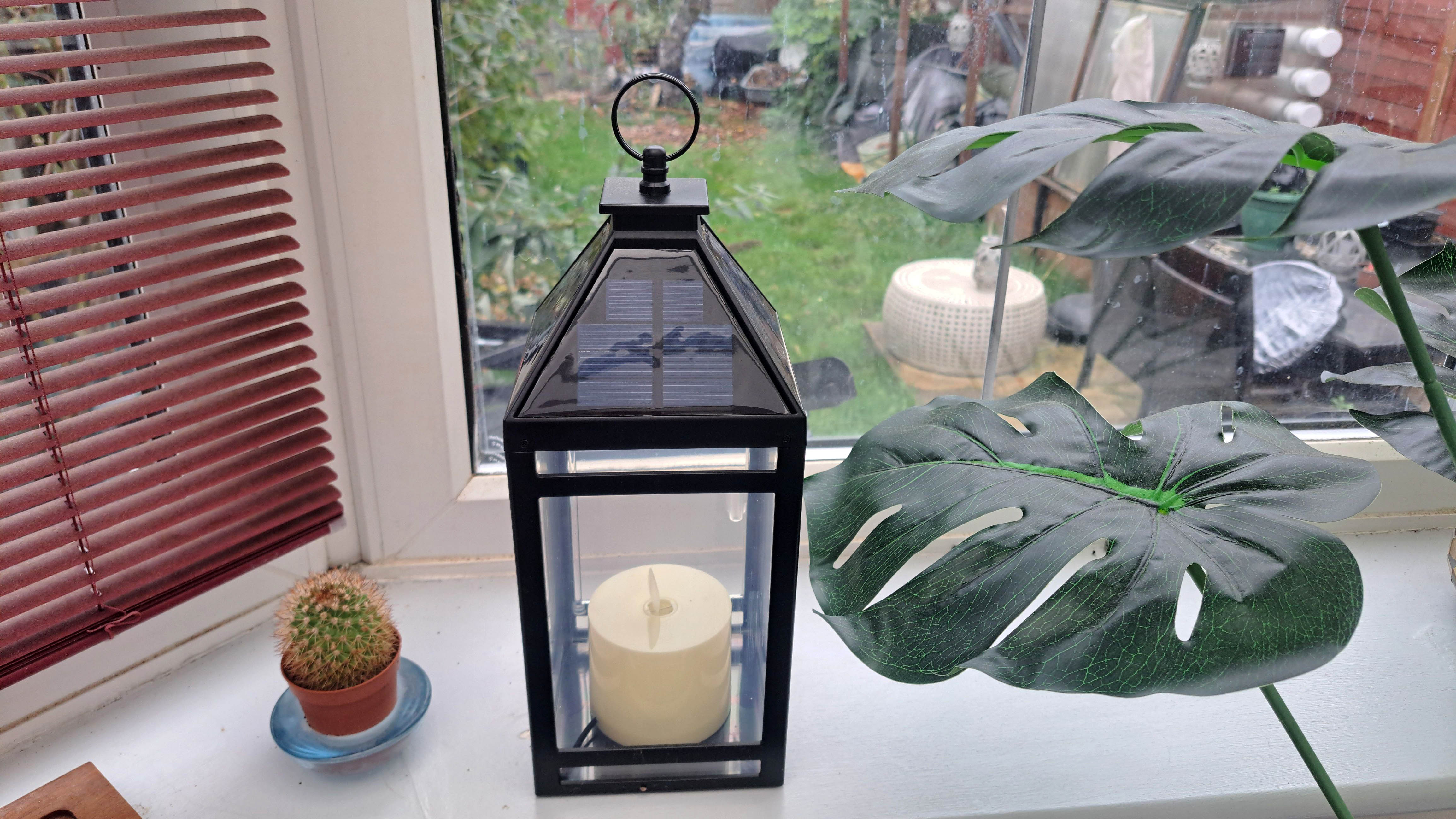
Bring solar lights indoors and place them by a window during the day — ideally where direct sunlight hits. Surprisingly, LED solar lights can charge through glass, as the photovoltaic cells are sensitive enough to get the right light wavelengths.
What’s more, choose a cold day to do so! This might seem strange, but experts say that it’s better to charge solar lights during colder temperatures. This is because the electrons inside the solar panels won’t have excessive electron movements. As a result, this will render a higher voltage difference, producing more energy.
Bear in mind that charging by a window is only a temporary solution, and solar lights are much more efficient outdoors in natural daylight.
Sign up to get the BEST of Tom's Guide direct to your inbox.
Get instant access to breaking news, the hottest reviews, great deals and helpful tips.
2. Give solar lights a good clean
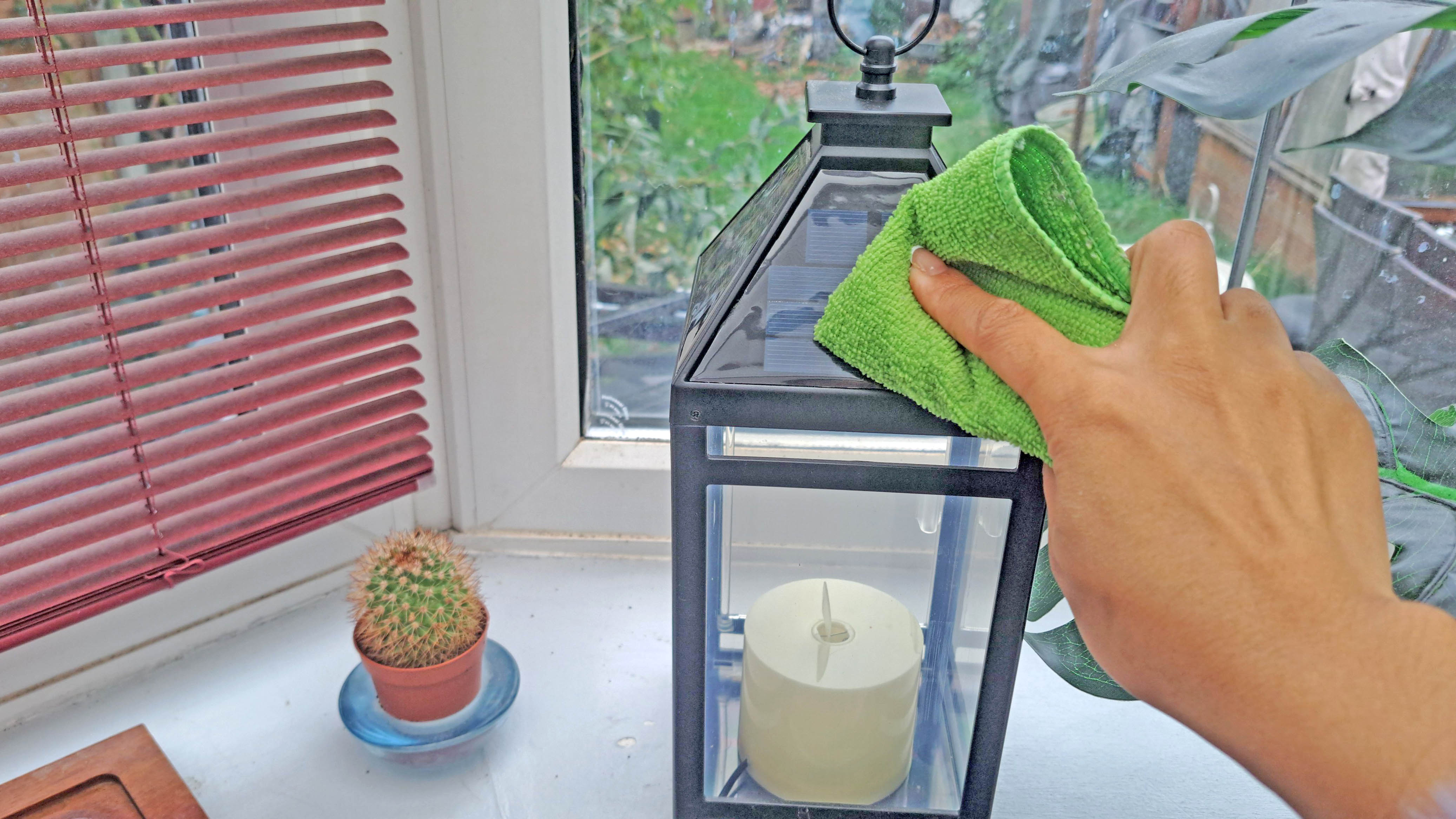
As the seasons change, the surface will inevitably get covered in grime, dust, pollen or plant debris over time. All of which can affect the light/brightness output.
Simply use a clean, damp microfiber cloth to gently wipe away surface dirt on the solar light panel. Avoid using any dish soap or detergents as this might cause streaking.
This will ensure you get the best results, even in cloudy weather. For heavy-duty grime or extreme weather conditions such as a sandstorm, you can lightly wash solar lights with a hose.
3. Cheat with artificial light
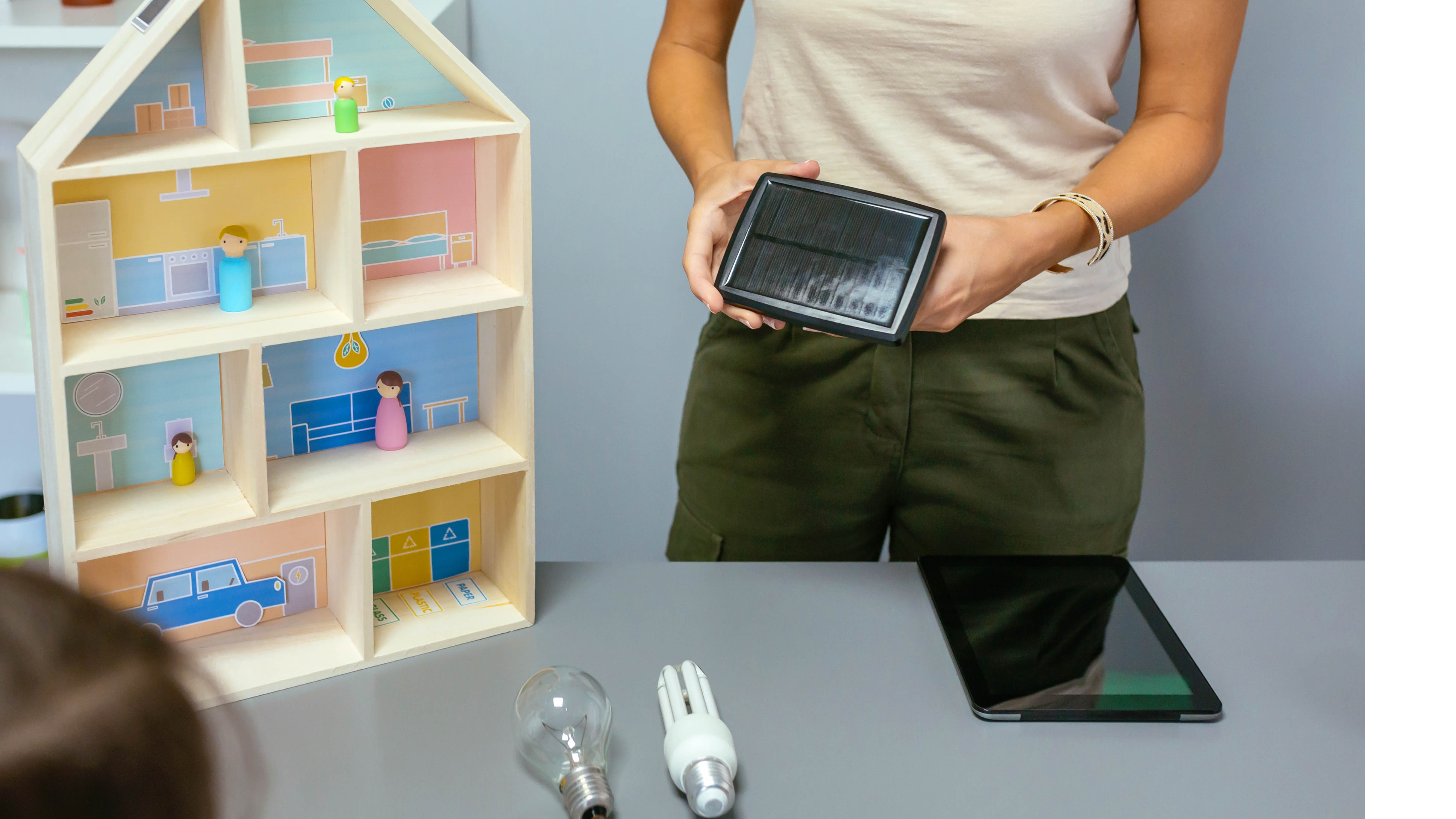
Another top tip to charge solar lights without the sun is using artificial lighting. Sources such as regular power bulbs, LED lights, incandescent bulbs or even bright flashlights can all provide sufficient light to panels.
Typically, solar cells respond to any strong light as they run at similar wavelengths and spectrum. Simply place your household lights a few inches away from the surface of the panels.
It’s worth nothing that it might take considerably longer to charge — up to 12 hours, depending on the wattage of the bulb. Ideally, use a 40W to 100W for best results. In any case, artificial lighting is a great substitute for charging any solar powered object around the home.
4. Make use of the built-in USB charger
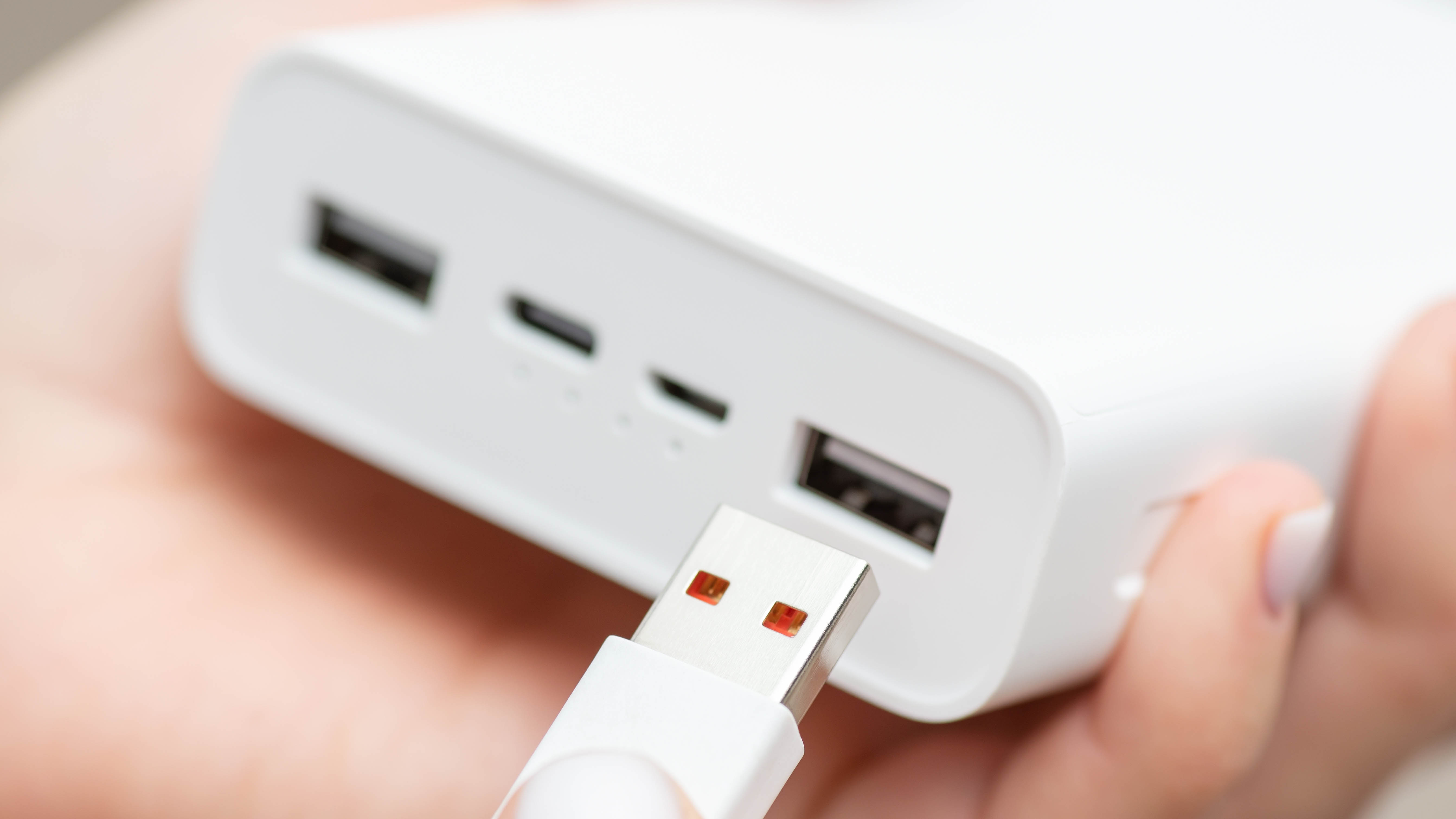
Depending on the type of solar LED lights you have, some brands come with a built-in USB charging option. These can then be connected via a cable into power banks or wall sockets.
Although this option still requires an electrical source to work, this is still a convenient way to give your solar lights a boost.
5. Turn off solar lights and let them charge
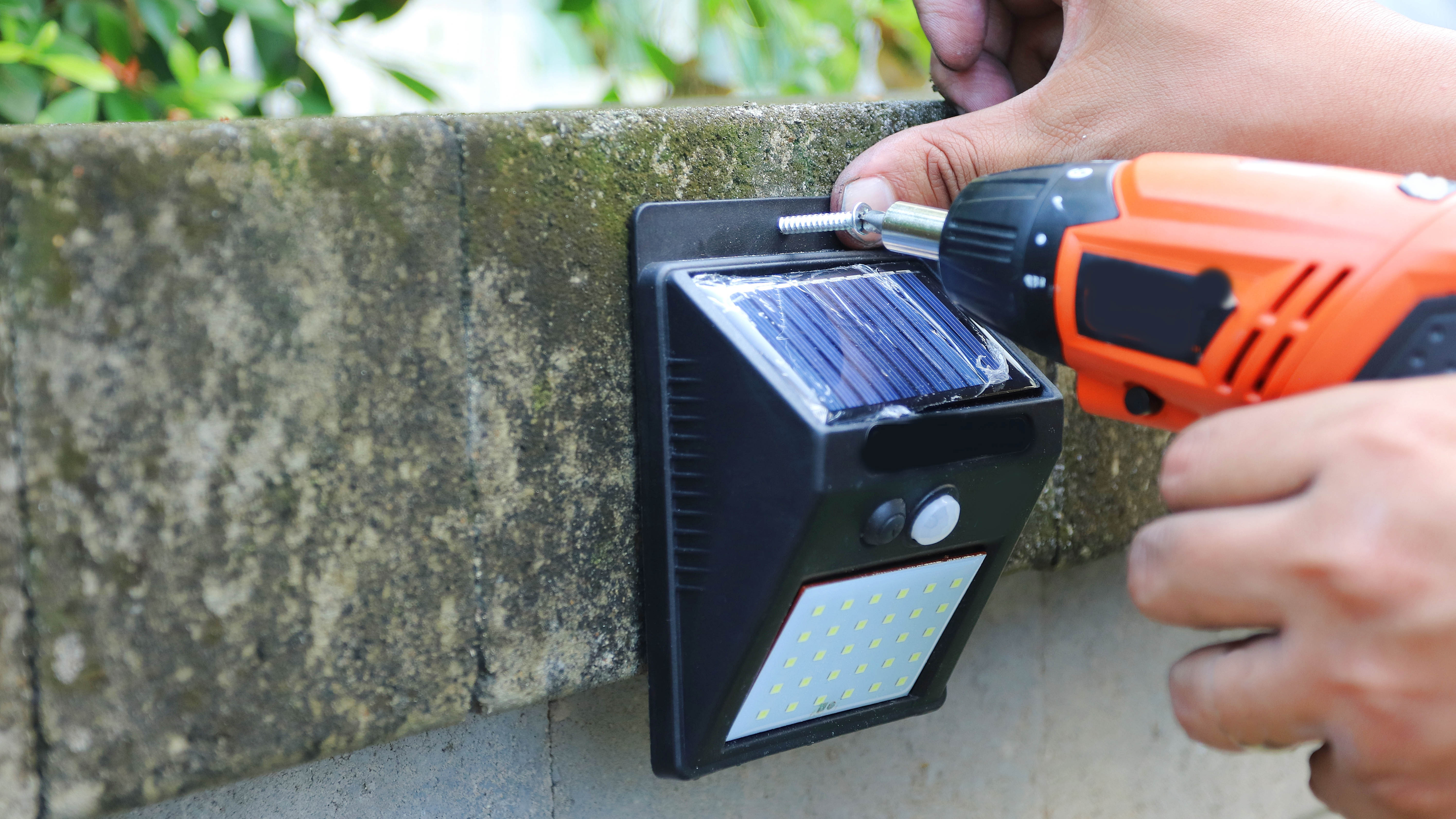
Another top tip is to turn off your solar lights for 72 hours to allow them to charge more efficiently. This is known as “deep charging” the battery, and despite being turned off, they will still charge and store energy for best results.
Ideally, leave solar lights outside in a place where they’ll receive as much sunlight as possible. And if you're still not getting optimum brightness, you might want to relocate your solar lights in an area pointing directly to the most daylight.
Experts recommend doing this once or twice a month to maintain the lifespan of your solar batteries, and get the most out of them.
How many hours of sun do solar lights need?
Generally, solar lights need around eight-10 hours under full sunlight per day — to produce around 15 hours of illumination. Of course, this is depending on location, type of direct light and exposure it’s getting.
For optimum results, it's best to place your lights in direct sunlight and in an area that isn't shaded by tall trees/foliage, walls or even certain roofs, as these can obstruct the amount of light the solar panels receive.
More from Tom's Guide

As the Homes Content Editor, Cynthia Lawrence covers all things homes, interior decorating, and garden-related. She has a wealth of editorial experience testing the latest, ‘must-have’ home appliances, writing buying guides and the handy ‘how to’ features.
Her work has been published in various titles including, T3, Top Ten Reviews, Ideal Home, Real Homes, Livingetc. and House Beautiful, amongst many.
With a rather unhealthy obsession for all things homes and interiors, she also has an interior design blog for style inspiration and savvy storage solutions (get rid of that clutter!). When she’s not testing cool products, she’ll be searching online for more decor ideas to spruce up her family home or looking for a great bargain!
